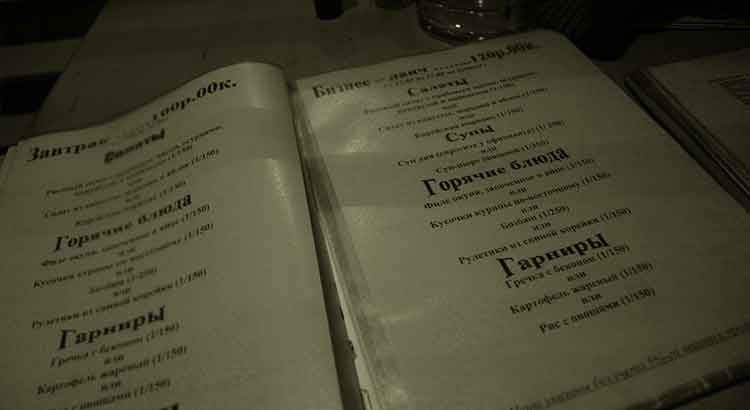The student who is resistant enough to overcome the terrible difficulties Latin presents will be rewarded with unlimited access to the true beauty of Latin syntactic flexibility, so intricate to the brain educated in modern Romance languages. This is one of the most notable distinguishing features of Portuguese as compared to other modern languages, making them seem harsh and prosaic. To appreciate the syntactic variety of the Latin constructions is, in fact, to appreciate the degree of creativity with which the author articulates the discourse, variegating and surprising. Without a doubt, it is a pleasure that justifies years of effort to learn Latin.
Tag: languages
In Portuguese, the Beauty and Precision of the Speech…
In Portuguese, the beauty and precision of discourse, whether in prose or verse, is mainly due to the good choice of verbs. These, well-chosen, dispense with adverbs and avoid periphrases, only justifiable when the cadence demands. It is impressive to note the number of verbs in the language, something that requires careful and constant study by the serious artist, who will only master them perhaps after long years of effort. Flaubert, if he wrote in Portuguese, would probably devote his obsession to them, and not to nouns.
It Seems Certain That, One Day, Brazil Will Make…
It seems certain that, one day, Brazil will make the Brazilian language official, since time inevitably particularizes the language spoken in different lands, making idiomatic unity increasingly difficult. There are, in this, many plausible reasons and many mistakes. The first of these is the assumption that a language must have a “unity”, that is, it must be spoken in the same way unanimously. It is laughable to think that, if such a Brazilian language becomes official, it will not be susceptible to the same regional variations and the same evolutionary processes that all widely spoken languages have undergone and will undergo. One has to be very ignorant to suppose that some pens will guide the language spoken in the streets, when it is this that, ultimately, guides the grammars. Stupid measures like this latest orthographic agreement only make it more evident. On the other hand, it is understandable and even natural that a nation long for an authentic expression. But one must be very careful to distinguish to what extent this authenticity represents a necessary evolution, rather than a sudden break with the roots that allowed it to evolve.
Future Note
I have the note ready, but I cannot write it yet… Oh, anxiety! Come, time! I can already imagine the pleasure, the joy in transcribing my frustration in these words: Russian is much, much easier than Latin! Reading Dostoevsky and Tolstoy in the original is fun compared to understanding Tacitus, Virgil, Ovid, etc., etc. Come on, time! I cannot wait for this publication! Just thinking about my Latin dictionary makes me want to tear it up, burn it, throw it away, eliminate it forever from my life. I can no longer stand this crutch, without which I cannot advance a paragraph in classical authors… And the Russian… what about the Russian? Let’s wait…



